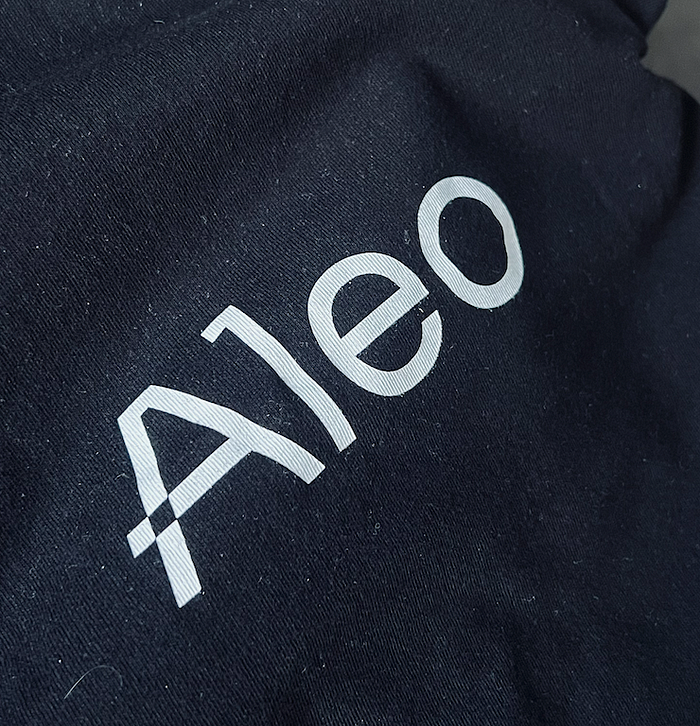The Future of Confidential Computing: A Comprehensive View Through Aleo

Introduction
In an era where data breaches and privacy concerns are rampant, the advent of confidential computing has emerged as a beacon of hope. With blockchain technology at its core, this new frontier promises enhanced security and privacy for digital transactions and data processing. Aleo, a cutting-edge platform in this field, epitomizes the potential of confidential computing. This comprehensive exploration delves deep into Aleo’s role in shaping the future of confidential computing.
Understanding Aleo
What is Aleo?
Aleo stands out as a groundbreaking platform within the blockchain ecosystem, utilizing zero-knowledge proofs (ZKP) to facilitate private transactions and confidential computing. This technology ensures the verification of the correctness of computations without revealing any underlying data, thereby upholding the utmost privacy and security.
The Underlying Technology
At Aleo’s core is the innovative use of ZKP, which is a cryptographic method that allows one party to prove to another that a given statement is true, without conveying any additional information apart from the fact that the statement is indeed true. This forms the backbone of Aleo’s ability to execute confidential transactions.
The Present Landscape of Confidential Computing

Current Challenges
The need for balancing transparency with privacy is more critical than ever. Traditional computing and blockchain methods often struggle to strike this balance effectively. Aleo’s emergence is timely, as it provides a solution that does not force users to choose between privacy and transparency.
Aleo’s Unique Proposition
Aleo extends beyond the typical blockchain promise of immutability and transparency. It introduces a layer of confidentiality that is unprecedented, thus addressing the dire need for privacy in sensitive sectors like healthcare, finance, and governmental operations.
Aleo’s Far-reaching Impact
Revolutionizing Privacy and Security
The implementation of ZKP within a blockchain framework, as done by Aleo, marks a significant leap in ensuring privacy and security in the digital realm. This technology allows for a level of data protection that is crucial in sensitive applications and industries.
Addressing Scalability and Efficiency
Blockchain technology’s Achilles’ heel has been its scalability issue. Aleo tackles this through advanced ZKP algorithms that enhance transaction speed and scalability, potentially increasing blockchain technology’s appeal across various sectors.
Pioneering Decentralized Applications (DApps)
With Aleo, the scope for developing privacy-centric DApps broadens significantly. This opens up potential innovations in decentralized finance (DeFi), secure electronic voting systems, and private smart contracts, among others.
The Road Ahead: Opportunities and Challenges
Potential Applications
Aleo’s technology harbors the potential for widespread applications. In finance, it could revolutionize how we approach transactions and asset management. In healthcare, patient data could be managed with unprecedented security and confidentiality.
The Challenges Ahead
The road ahead for Aleo is not without its hurdles. The complexity of ZKP and the specialized knowledge required for its application present significant barriers. Additionally, navigating the regulatory landscape around blockchain and data privacy remains a daunting challenge.
Ethical and Societal Implications
As with any emerging technology, the ethical and societal implications of Aleo’s technology must be carefully considered. Issues around data sovereignty, user consent, and the digital divide need to be addressed to ensure that the benefits of confidential computing are accessible and equitable.
Conclusion
The future of confidential computing, as envisioned through Aleo, is not just about enhancing privacy and security. It’s about ushering in a new era where the digital world can be trusted to be both transparent and confidential. As Aleo and similar technologies evolve, they promise to redefine how we interact with the digital realm, making it a safer, more private, and more efficient space.